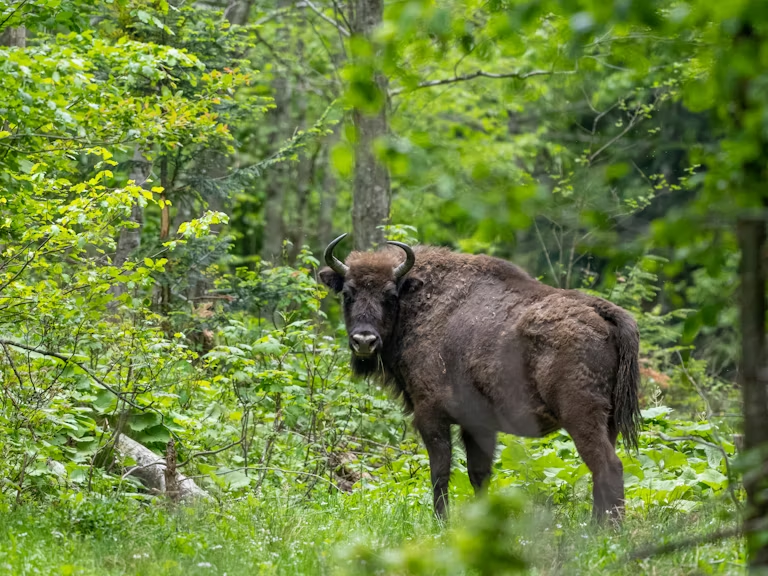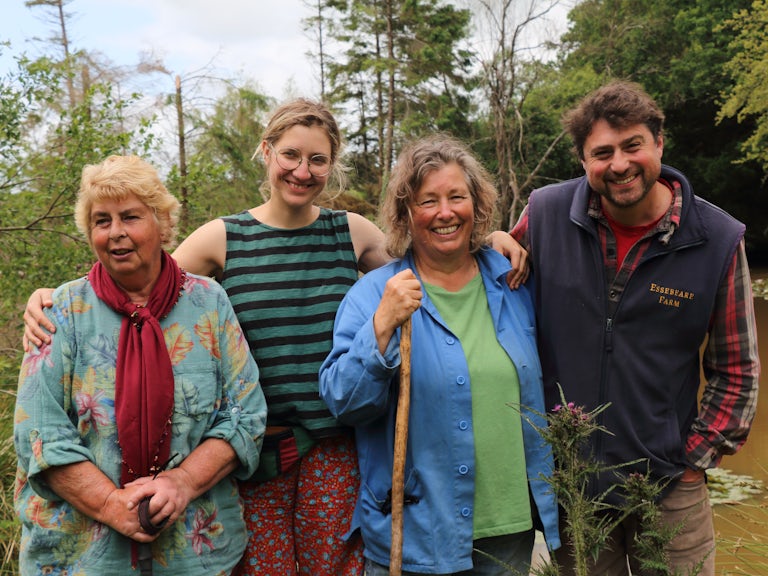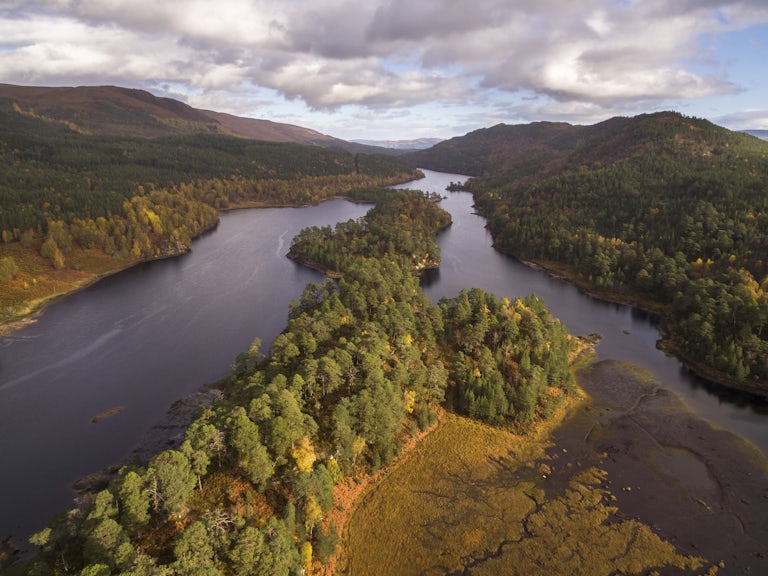What a relief – rewilding gets a tax break
Rewilding Britain Director Alastair Driver celebrates a win for the rewilding community in this year’s budget, but argues that private financing schemes are a key omission in the proposed new legislation.

Published 19/03/2024
With its lack of any ambitious announcements on funding or policy for climate or the natural environment, March’s budget statement was yet another disappointing move from the government. To meet its commitments to protect 30% of nature by 2030, the UK Government needs big, bold and brave actions, not tinkering around the edges.
Nevertheless, tucked away in the small print was some good news for rewilders across Britain, which we strongly believe is worth celebrating. The government has pledged to reform Agricultural Property Relief (APR) – a form of Inheritance Tax Relief which makes it less financially burdensome to transfer farming land on death – and is to extend the mechanism to those undertaking environmental land management too.
In short, this means rewilding projects funded through agricultural subsidies – such as Scotland’s Agri-Environment Climate Scheme, Wales’s Sustainable Farming Scheme and England’s Landscape Recovery scheme – will be eligible for APR even though they may not have previously been considered as actively ‘farming’.
In the course of my advisory visits to potential large-scale rewilding sites across England and Wales over the years, private landowners have regularly expressed concern that if they sign up to these Defra-funded nature recovery schemes, their family would be liable to pay 40% inheritance tax on the value of the land. So it has almost certainly held some practitioners back from getting behind the government’s 30 by 30 vision.

Influencing change
We at Rewilding Britain have been raising the issue in our influencing work with the Treasury and Defra for some time now, speaking on behalf of the 950+ members of the Rewilding Network. Last year we presented our views by responding to the government’s consultation on the taxation of environmental land management and ecosystem service markets – whose collective responses have clearly had a key influence on this budgetary decision.
We’re therefore delighted with the announcement
, not least because it’s every bit as relevant to the small-scale rewilders as it is to the larger private rewilding estates. It means that those who may be, for example, switching from intensive sheep farming to very extensive, low-level cattle grazing – or even to no grazing at all while trees become established – can now do so without being financially penalised. Until now APR has generally applied to land used to grow crops or to rear animals. Of course, the devil will be in the detail as the budget pledge is translated into enforcing legislation, but this is certainly going in the right direction.
Private finance a key omission
That’s not to say that the government has got it right just yet. There’s one key omission in the announcement, which we’ll be raising with Defra and relevant ministers. Currently the exemption relates only to publicly-funded environmental schemes, but not to any private funding streams. So that excludes everything from Biodiversity Net Gain – a compliance scheme whereby developers fund habitat creation through the planning system – to a whole range of independent arrangements through which companies pay for the benefits they receive from natural ecosystems, like carbon and biodiversity.
Understandably, government is wary of creating unintended taxation loopholes and, as yet, there is no accreditation scheme for broader private funding initiatives for rewilding. But there is no time to play with, when we are just six years away from the 30% target set for the UK and are so far from hitting it [1]. The government must do everything it can to increase the proportion of private finance contributing to nature recovery across Britain. The nature and carbon markets are rapidly taking off and the government must not act as a brake upon its own ambitions.
[1] The 2023 30x30 in England Progress Report , published by Wildlife and Countryside Link, states that the area of England effectively protected for nature is still hovering around 3% on land and at maximum 8% at sea.



